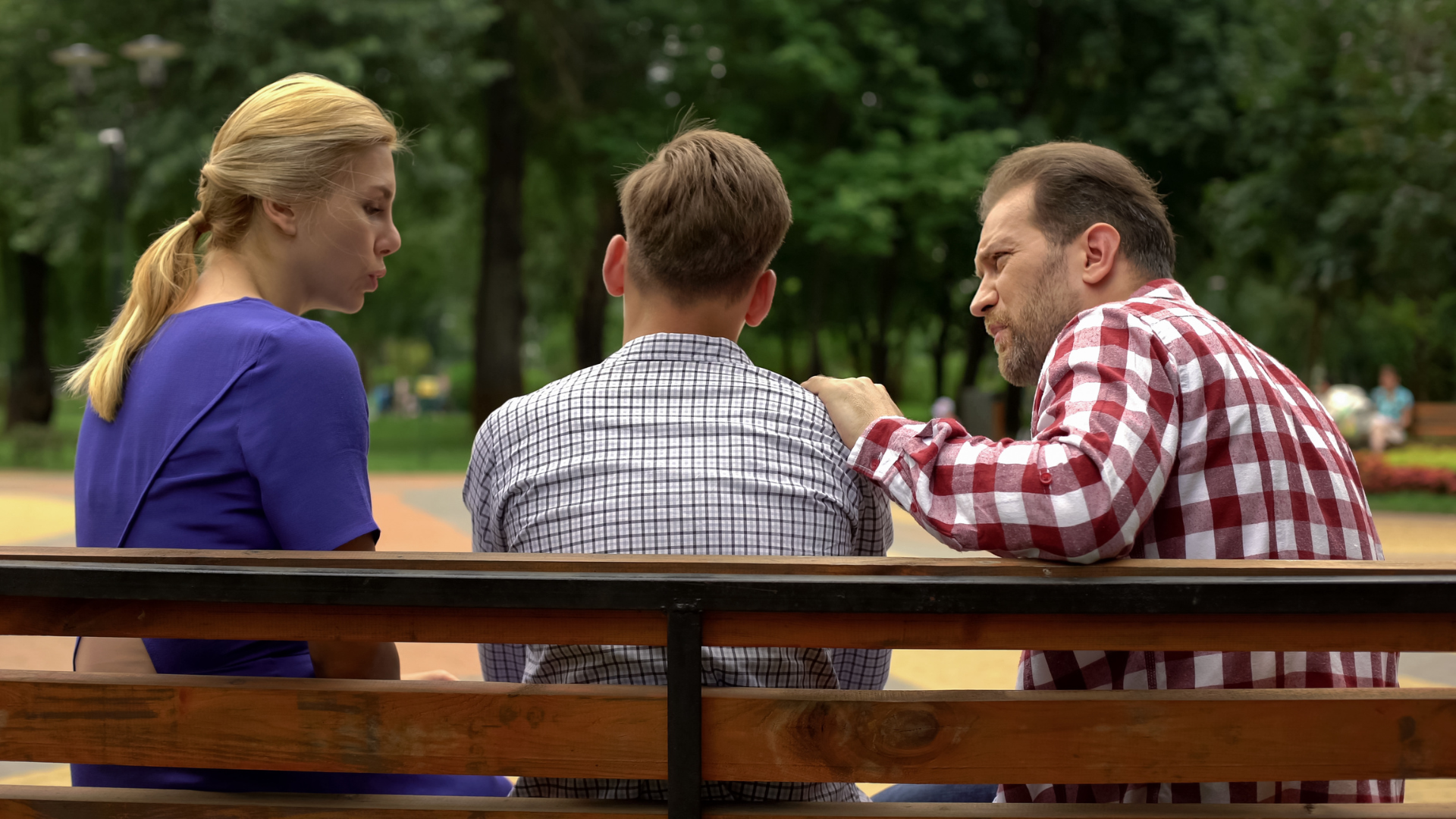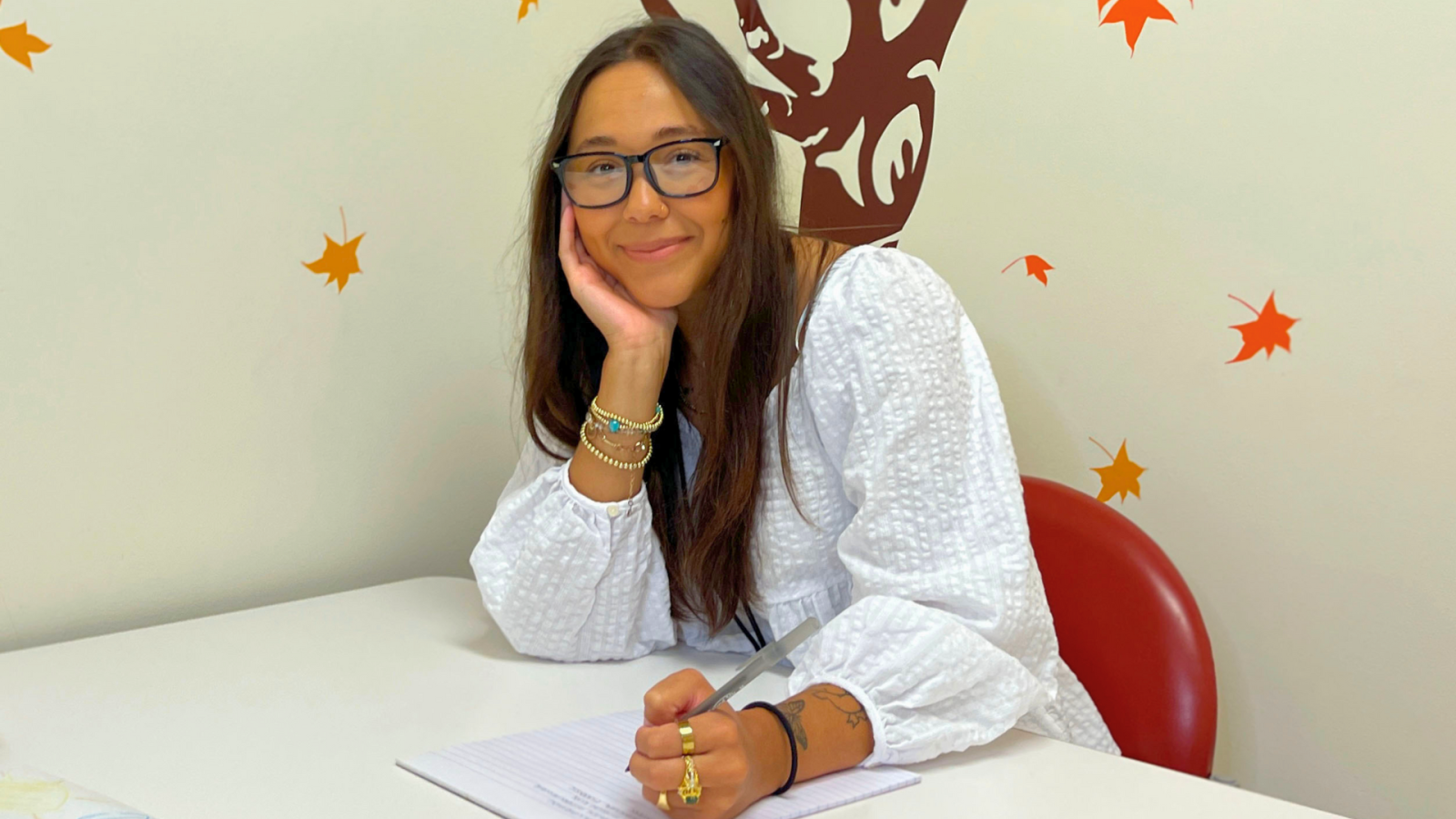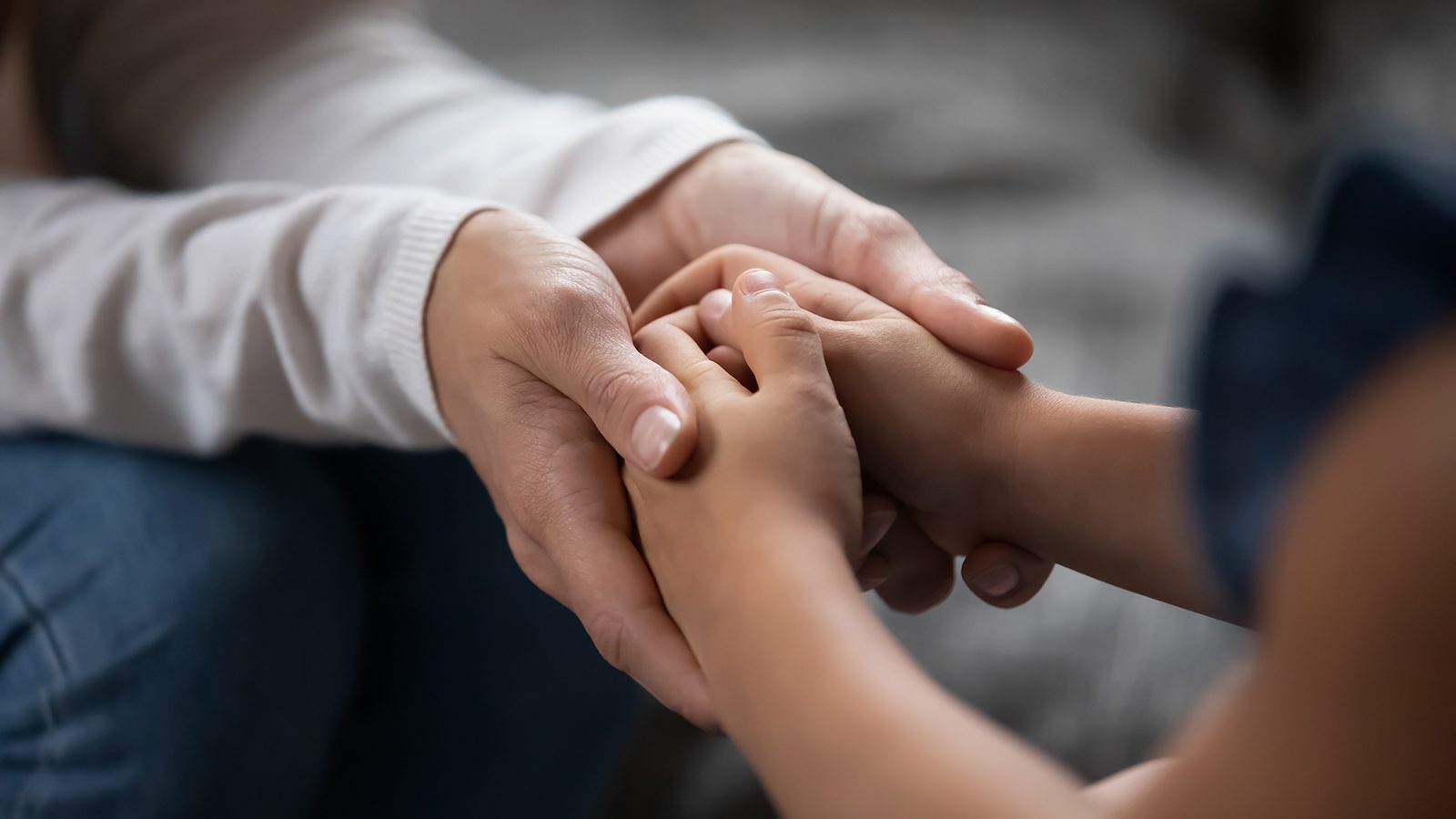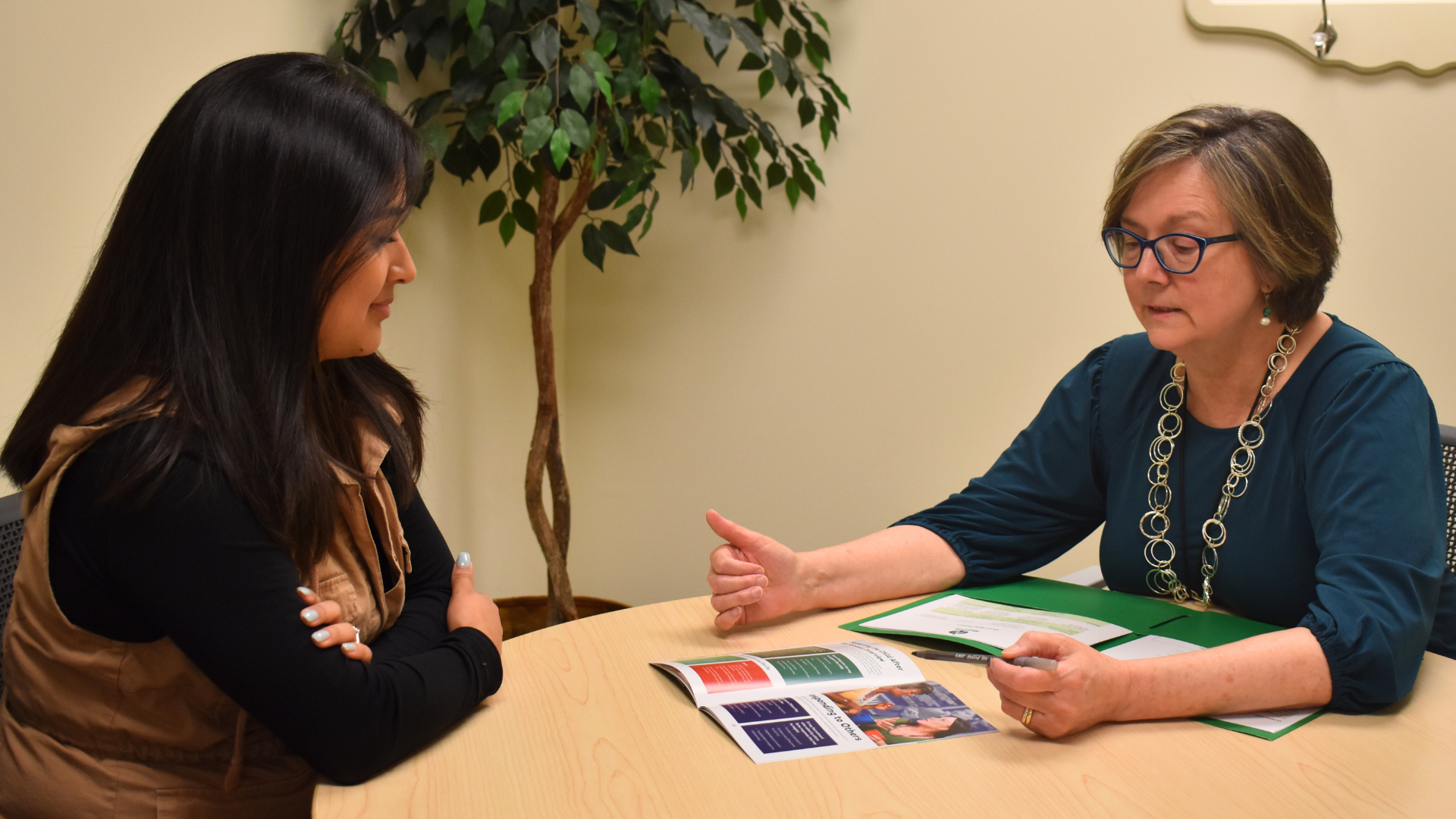Home / What to Expect
What to Expect
A forensic interview is the first, critical step in your child’s healing journey. Before visiting our center for your child’s interview, you’ll be contacted by one of our family advocates.
We know it can be an emotional time with a lot to process, so we’ve recapped how to prepare and what to expect during & after your Mission Kids visit.
Before Your Visit
Before the interview, prepare your child and reaffirm your love and support.

Prepare your child
A day or two before the interview, explain to your child what will happen at Mission Kids. Be transparent about why the interview is happening and why it’s important. Prepare them for difficult questions they may be asked, and assure them it’s okay to be honest.

Introduce the role of the forensic interviewer
Inform your child that they’ll meet with an adult called a “forensic interviewer.” This person will ask questions to help them explain what happened to them. Let your child know that they can trust their interviewer with very personal and difficult things by saying things like “it’s okay to tell the interviewer what you told me.”

Reaffirm your support
Your child will need extra support during this process. Reassure them with frequent reminders of your love for them, and be sensitive to their fears or apprehensions. The investigative process can be difficult and scary for anyone, but especially kids.
During Your Visit
On the day of the interview, you and your child will visit Mission Kids.
Arrival & Check-In
When you arrive at Mission Kids, you’ll enter our kid-friendly waiting room filled with toys, books, games, and TV shows. After check-in, your forensic interviewer will greet you before walking with your child to the interview room. We ask that you remain in the waiting room for the duration of your child’s interview.
Please note: You may not discuss your case with anyone in the waiting room, including Mission Kids staff and volunteers. Additionally, kids who are not being interviewed must be supervised at all times.
The Interview
The interview will take place in one of our kid-friendly interview rooms with comfortable places to sit.
When the interview begins, your child will be asked non-leading, open-ended questions to help them explain what happened. Our forensic interviewers are specially trained to be sensitive to the emotions of kids who have been traumatized, and they will speak with your child in a friendly, age-appropriate, and objective manner.
Throughout the interview, other investigative professionals related to your case — such as law enforcement, prosecutors and social workers— will observe the interview from a closed-circuit TV in an adjacent room. However, your child will only speak with the forensic interviewer.
During the interview, your family advocate will meet with you to check in and discuss any questions you might have. This same family advocate will stay involved with your case as long as your family needs.
After the Interview
Once completed, your interviewer will walk with your child back to the waiting room. With your family advocate by your side, you’ll then have the opportunity to ask questions or raise concerns with the people who participated in your child’s interview.
At the very end of your visit, you will be asked to complete a survey. Your feedback helps us continue to provide superior care for kids like your child. Participation is voluntary.
After Your Visit
Supporting your child in the days and weeks following the interview.

Be there for your child, however they need you.
While necessary, retelling the events of abuse can be difficult and traumatizing, especially for a kid. Make an extra effort to support your child in the hours and days following the interview. Some kids may need space, but some may want to draw closer. Keep an eye on their mental health, and feel free to reach out to your family advocate if you need guidance.

A family advocate will check in a few days later.
Your family advocate will follow up a few days after the interview to check on your child’s wellbeing and coordinate any follow-up services. Family advocates aid the healing process by providing information, referral services, victim’s compensation assistance, court support, and more.

Confidential surveys go out six weeks later.
Around six weeks after your visit, Mission Kids will contact you with a second survey. Your responses are 100% confidential, and you have the right to decline to participate.
Frequently Asked Questions
Have more questions about the forensic interview, the people involved, and how it works?
Who is on my child’s team?
To reduce the number of times a child must retell their abuse, Mission Kids uses a multidisciplinary approach to investigations. Our teams combine professionals who are instrumental to your child’s investigation, including law enforcement, prosecutors, social workers, therapists, forensic interviewers, family advocates, and pediatricians.
Who will speak to my child?
On the day of the interview, your child will only speak with their forensic interviewer. Forensic interviewers are specially trained to work with kids who’ve experienced abuse and to create a safe space for kids to tell their story. Other investigative professionals will observe the interview from a closed-circuit TV in an adjacent room, but they will not speak with your child.
Who can I talk to about my child’s case?
While your child is being interviewed, you will meet with your family advocate, who will be with your family throughout the investigation process. Our family advocates guide parents and guardians and connect to support services, including referrals for specialized medical exams and counseling.
Can I watch my child’s interview?
As a parent or guardian, we understand and encourage the urge to be there for your child. However, Mission Kids only allows professionals who are directly involved in the investigation to watch your child’s interview. This is to protect your child’s privacy and the validity of the investigation.
How long does the interview last?
Because all kids are different and each case is handled with that in mind, there is no standard duration for an interview.

Ask Mission Kids
Jane Kim, Esq.
Direct Services Program Director

